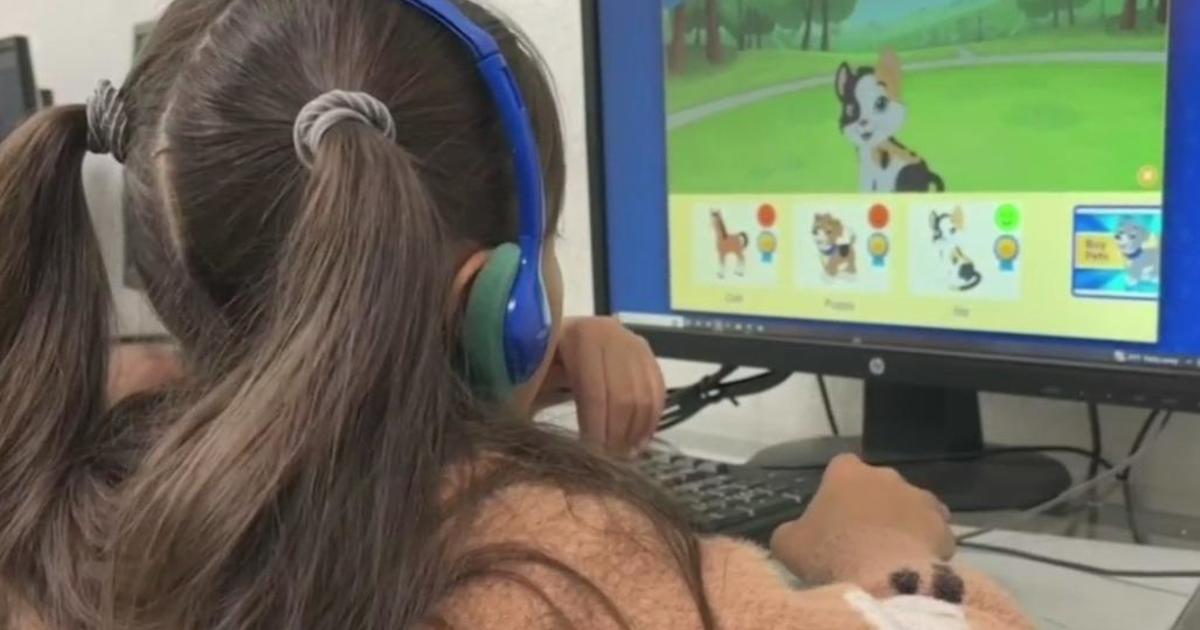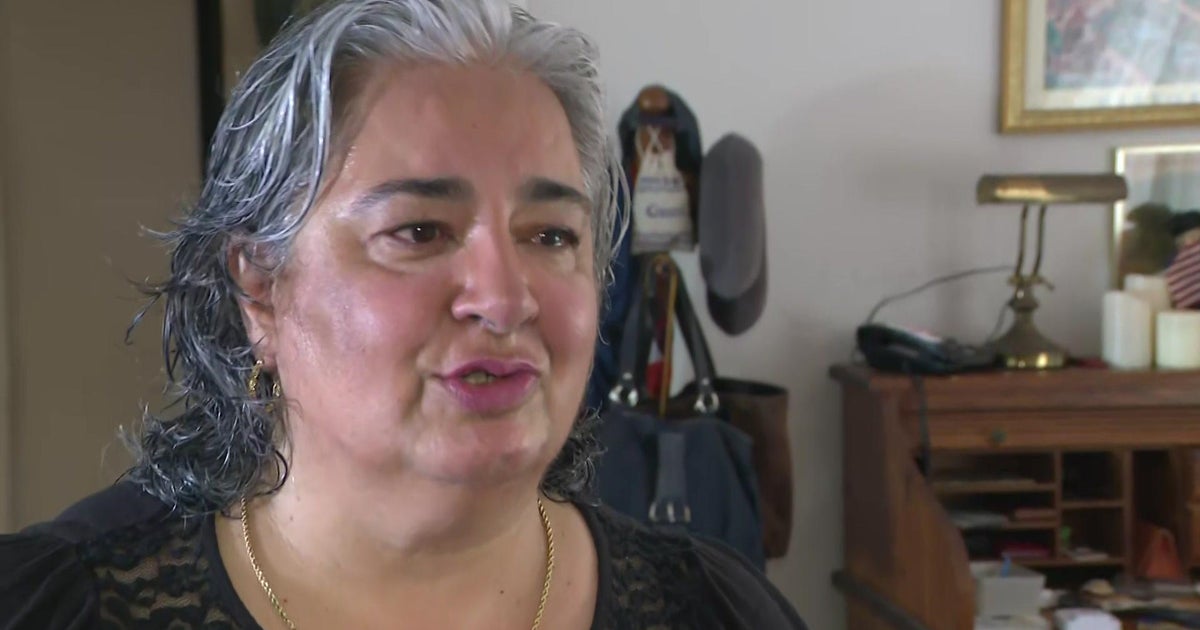EPA: Insecticide Used To Fight Zika Is Safe
Follow CBSMIAMI.COM: Facebook | Twitter
MIAMI (CBSMiami) -- Health officials in South Florida have started attacking from the air to try to wipe out the mosquitoes that carry the Zika virus.
And as scientists work on a vaccine, government health officials say lack of funding could slow down the research.
Spraying from the air to try to stop the Zika virus began early Thursday in a ten square mile area in Miami.
The target - the Aedes Aegypti mosquito - that's proved tough to get rid of.
Miami-Dade County is using an insecticide called Naled (Dibrom concentrate) to spray the bugs from the air. It's considered a neurotoxin.
CDC: 'The Key Is To Protect Pregnant Women' In Zika Spread
According to Miami-Dade County Mosquito Control, Naled has been used for mosquito control for many years. It's sprayed out in very fine droplets so it stays airborne. They say the amount sprayed is about two tablespoons for an area about the size of a football field.
The way Naled works is it kills mosquitoes on contact. Once it does that, the insecticide breaks down and does not leave residue behind.
Zika 101: Prevent Spread By Protecting Yourself
In Puerto Rico where nearly 5 thousand cases of Zika have been reported, officials rejected using the chemical over health concerns but the Environmental Protection Agency (EPA) insists the pesticide is safe. When used in such small amounts, they say it does not pose a health risk to people or pets.
Dr. Naresh Kumar, a Professor of Public Health at the University of Miami, says the benefit needs to outweigh the risks that any neurotoxin carries.
"All are a neurotoxin, meaning it will directly affect our nervous system," said Kumar. "It will affect not only the pregnant woman...it is also equally for children who have asthma and airway disease because when you are spraying in the air, these aerosols stay in the air for at least five days."
Mosquito control says anyone who may have health concerns should remain indoors during aerial spraying sessions.
Trish Sheldon, the outreach coordinator for a coalition of environmental groups and non -GMO efforts thinks we should look at how other places are handling the spread.
"I think we need to look to other countries and see what's working and what's not working. I think that we need to look at Brazil, look at Puerto Rico," said Sheldon.
Meantime, in South Florida, the Wynwood section of Miami is considered ground zero for health officials. At least 15 cases of locally transmitted Zika have been reported in South Florida.
The attack on Zika from the ground is also being ramped up but health officials acknowledge the spraying isn't working as well as they hoped.
The National Institutes of Health (NIH) is now testing a Zika vaccine that uses DNA, similar to research on other mosquito-borne viruses including the West Nile virus.
Related: Gov. Scott Tours Wynwood, Discuss Zika Battle
About 80 healthy volunteers are involved in the first round of testing. If successful, up to 5-thousand more could be tested starting in January.
Doctor Anthony Fauci with NIH says stalled funding in Congress could compromise the research.
"If we don't get the money very soon that will interfere with the smooth transition into the phase two trial," said Fauci.
Pregnant women are at greatest risk because Zika can cause devastating birth defects. All pregnant women in Florida can now be tested for free.
Earlier this week, the Centers for Disease Control & Prevention (CDC) told pregnant women they should avoid the Wynwood area because of Zika concerns.
As for continued spraying, Miami-Dade County says a decisions is not yet made as to when the next spraying will take place. It's important to follow that news if you live in the area, but Dr. Kumar says, ultimately, the impact of such spraying can affect everyone.
"It ends up in the water...at the beach," said Kumar.
Click here for more information on the Zika virus or here for more Zika-related stories.



